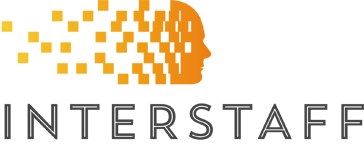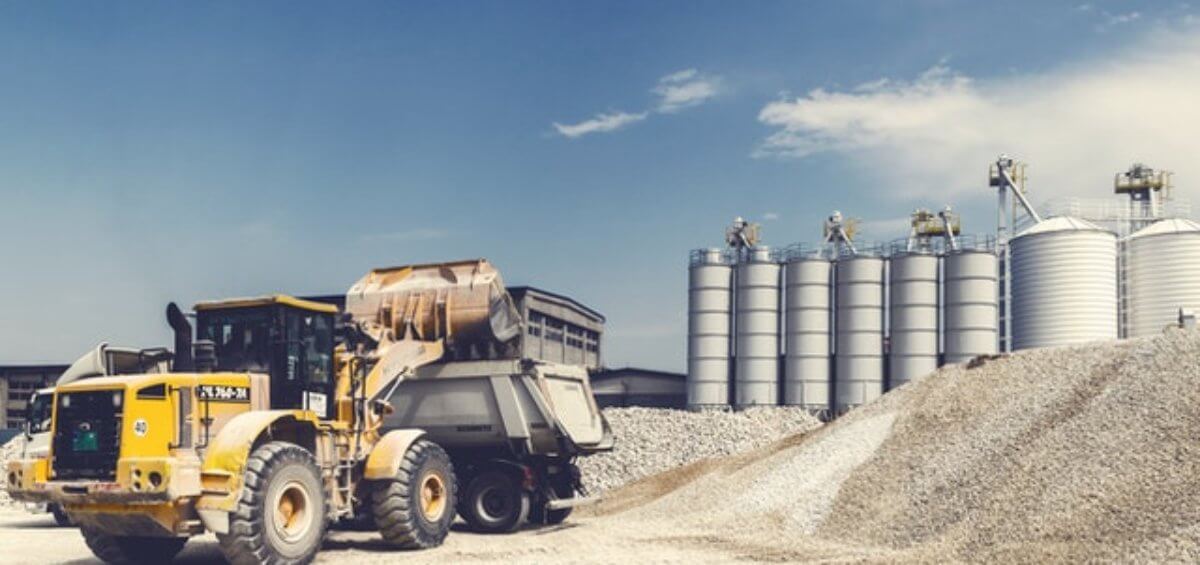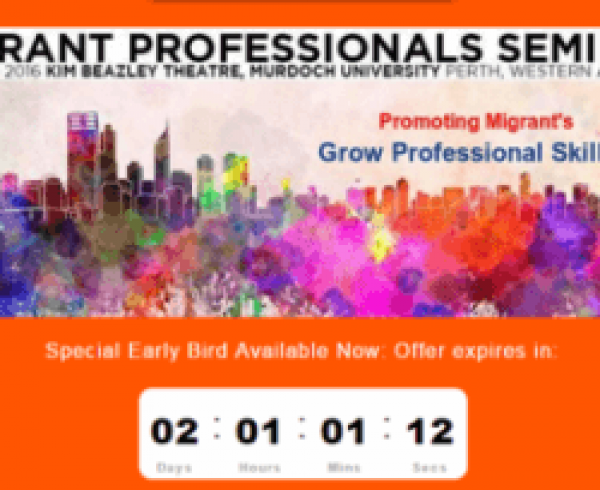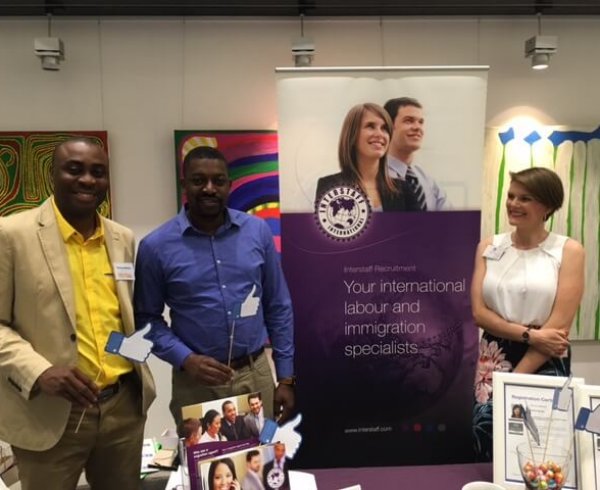Skilled migrants can now apply for a Travel Exemption to work in Australia under an expanded scope of Critical Skills and Sectors. Here’s what you need to know.
The Australian Border Force (ABF) Commissioner has added several new categories of Travel Exemptions for critical work – including services for mining, supply chain logistics and food production.
Critical Skills for a Travel Exemption
Exemption categories for individuals with Critical Skills to support the supply of essential goods and services:
- Medical technology
- Critical infrastructure
- Telecommunications
- Engineering and mining
- Supply chain logistics
- Aged care
- Primary industry
- Agriculture
- Food production
- Maritime industry
Last updated: 23 September 2021
Critical Sectors for a Travel Exemption
Exemption categories for individuals delivering services in Critical Sectors for Australia’s economic recovery, in cases where no Australian worker is available:
- Financial technology
- Large scale manufacturing
- Film, media and television production
- Emerging technology
Last updated: 23 September 2021
Other Travel Exemption Categories for Critical Work
- A non-citizen invited by the Government to assist in the COVID-19 response;
- A non-citizen providing critical or specialist medical services, including air ambulance, medical evacuations and delivering critical medical supplies;
- A non-citizen providing critical skills in religious or theology fields
- A non-citizen whose entry would be in the national interest, supported by the Government;
- Military personnel – conditions apply
- A student completing years 11 and 12, with relevant Government support;
- A student in their final three years of study of a medical university degree with a confirmed placement in an Australian hospital or medical practice – conditions apply.
- A student in their final two years of study in a dental, nursing or allied health profession university degree with a confirmed placement in an Australian hospital or medical practice – conditions apply.
- A non-citizen sponsored by an employer to work in Australia in an occupation on the Priority Migration Skilled Occupation List (PMSOL) – Read more here.
Occupations currently on the PMSOL include:
- Chief Executive or Managing Director
- Construction Project Manager
- Accountant (General)
- Management Accountant
- Taxation Accountant
- External Auditor
- Internal Auditor
- Surveyor
- Cartographer
- Other Spatial Scientist
- Civil Engineer
- Geotechnical Engineer
- Structural Engineer
- Transport Engineer
- Electrical Engineer
- Mechanical Engineer
- Chef
- Mining Engineer (excluding Petroleum)
- Petroleum Engineer
- Medical Laboratory Scientist
- Veterinarian
- Hospital Pharmacist
- Industrial Pharmacist
- Retail Pharmacist
- Orthotist or Prosthetist
- General Practitioner
- Resident Medical Officer
- Psychiatrist
- Medical Practitioners nec
- Midwife
- Registered Nurse (Aged Care)
- Registered Nurse (Critical Care and Emergency)
- Registered Nurse (Medical)
- Registered Nurse (Mental Health)
- Registered Nurse (Perioperative)
- Registered Nurses nec
- Multimedia Specialist
- Analyst Programmer
- Developer Programmer
- Software Engineer
- Software and Applications Programmers nec
- ICT Security Specialist
- Social Worker
- Maintenance Planner
Travel Exemption Categories for Critical Work & PMSOL Occupations last updated: 23 September 2021.
In addition to Critical Work, other Travel Exemptions are available for particular categories of students, prospective marriage visa holders, people residing on a vessel seeking a safe port, and people with compassionate or compelling reasons – read our article here.
Do I need to hold a visa before requesting a Travel Exemption for critical work?
No – a person that meets the Critical Skills criteria can apply for a Travel Exemption first. A valid visa will however be required to travel to Australia. If you need more information on how to get a visa in Australia, Interstaff has visa agents in Perth available for consultation.
Applying for a Travel Exemption | Critical Skills Australia
Travel Exemption Applications are refused for insufficient evidence in meeting the exemption criteria. Applicants must present a well-documented case with sufficient evidence for meeting the exemption criteria.
Read more about how Travel Exemptions work or view Interstaff’s FAQs on the impact of COVID-19 pandemic on Australian immigration.
Are you eligible? | Interstaff Migration Agents
The Government has recommenced visa processing for temporary and permanent migration, however, delays are being experienced across the migration program. Priority Migration is allotted for Critical Skilled Workers.
You may also be interested to know that the Government is establishing a new Agriculture visa to support farmers facing local labour shortages.
Working in the Critical Service & Skills Sector | Stay in Australia under the Temporary Activity Visa (Subclass 408)
If your visa is about to expire but you are working in a critical service and skills sector (medical, such as agriculture, food processing & hospitality), you may be able to apply for this temporary visa to extend your stay and work in Australia. The critical sectors that apply for a 408 Visa are listed in our article – read more here.
Last updated: 23 September 2021
Migration through the 2021 Agriculture Visa
The Agriculture Visa (scheduled by the Government to be released by the end of September 2021) is designed to encourage agricultural workers from select countries to come to Australia in time for the harvest season. In June 2021, Acting Prime Minister Michael McCormack promised that this new Agriculture Visa will include pathways to permanent residency in Australia. – Read more here.
Last updated: 23 September 2021
Travel to Australia under the Critical Skills Sector | Interstaff can help with all your Visa requirements and Migration enquiries
We encourage you to get in touch if you have any queries about visa and exemption requirements for critical work. Our team of Registered Migration Agents can advise on your eligibility and guide you through the process of preparing your evidence requirements. Simply contact us at [email protected] or +61 8 9221 3388 (or National Free Call 1800 449 858).
Source:
